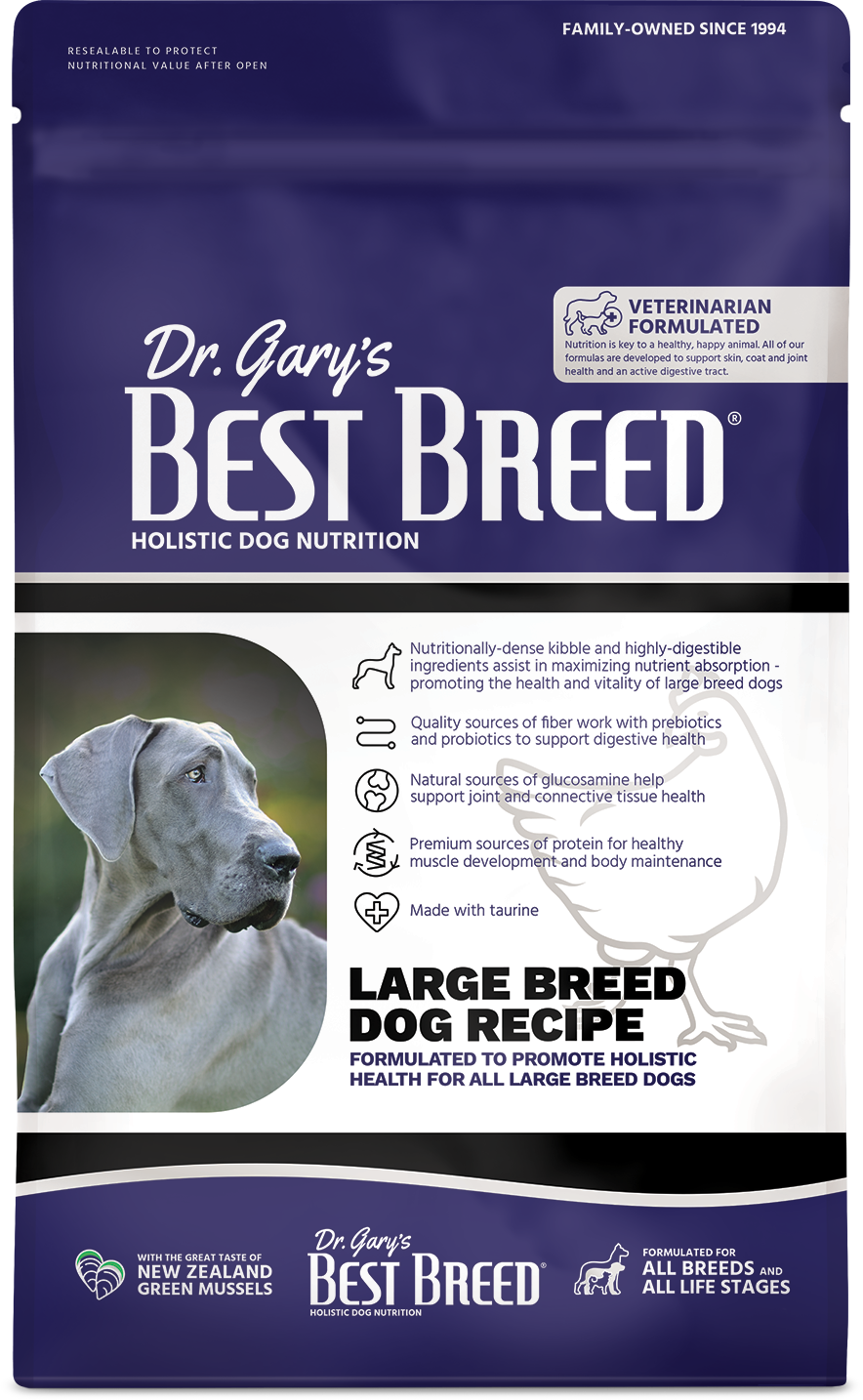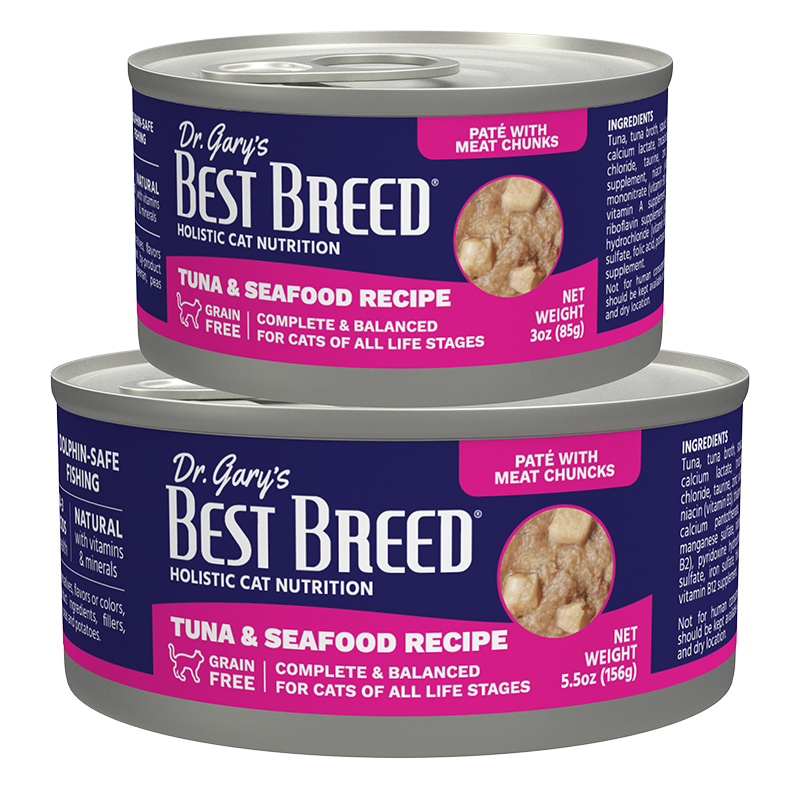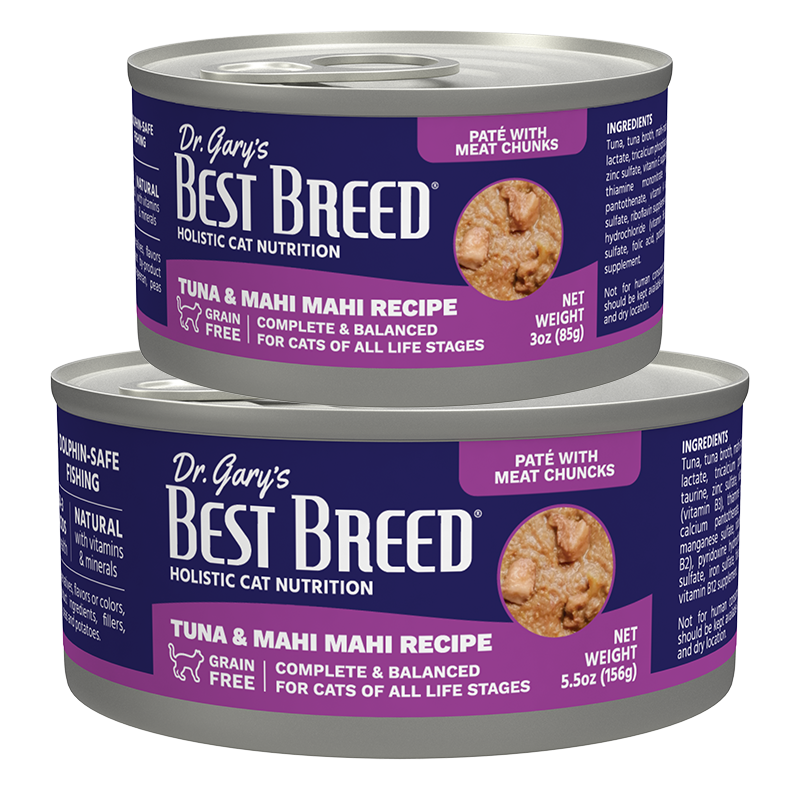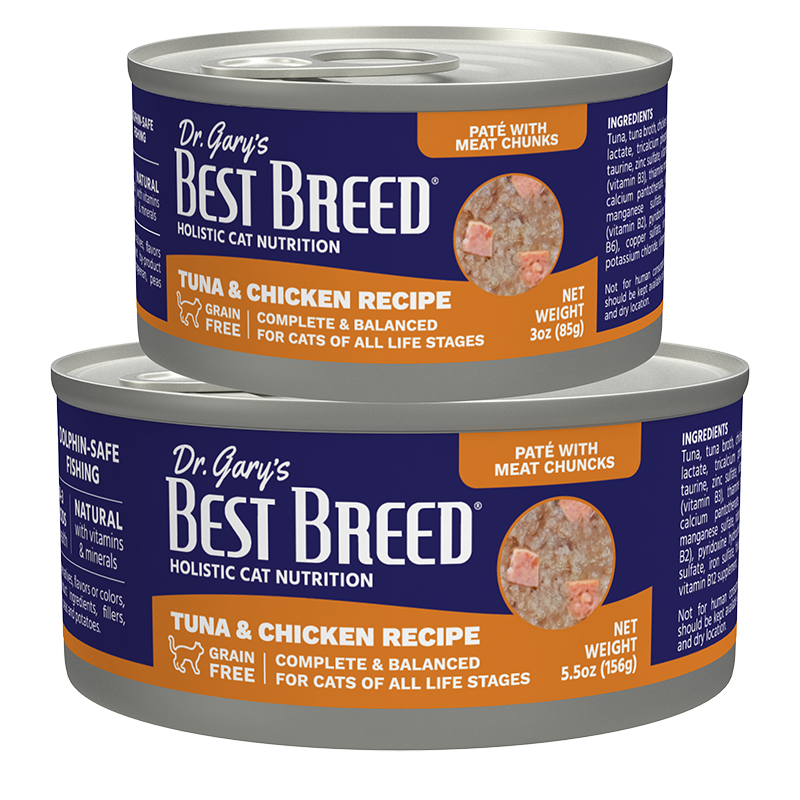Large Breed Dog Recipe

Available in
4LB / 13LB / 28LB
Formulated to promote the health and happiness of all large breed dogs – excellent for dogs with sensitive digestive systems.
- The diet’s nutritionally-dense kibbles and highly-digestible ingredients assist in mitigating digestive upset and maximizing nutrient absorption – helping large breed dogs maintain a healthy weight.
- Prebiotics and probiotics benefit the immune system by promoting digestive health.
- Natural sources of glucosamine support proper joint and connective tissue health.
- Premium sources of protein from chicken, fish and eggs.
- Quality sources of soluble and insoluble fiber to help maintain healthy gastrointestinal functions.
- The synergistic combination of omega-6 and omega-3 fatty acids, amino acids, and chelated minerals assists in maintaining healthy skin and a vibrant coat. (Omega 6:3 are balanced for optimum performance.)
- To help ensure your dog’s nutritional safety, Best Breed pays a premium for EU-approved and natural ingredients.
- Best Breed Large Breed Dog Recipe is formulated to meet the nutritional levels established by the AAFCO (Association of American Feed Control Officials) Dog Food Nutrient Profiles for all life stages, including growth of large size dogs (70lbs. or more as an adult). This formula benefits dogs of all life stages (puppy through senior).
Watch the best breed story here.
Dear Large Breed Dog Enthusiast,
One common misconception I would hear from clients is the idea that large breed dogs do not benefit from holistic nutrition as much as smaller dogs. I strongly disagree with this idea and believe that holistic nutrition is just as critical for large breed dogs as they have a massive amount of skin and hair to maintain, tend to have more sensitive gastrointestinal tracts and often need special nutritional attention paid to their joints.
The Large Breed Dog Recipe has been developed with (i) high and balanced levels of omega fatty acids for optimum skin and coat health, (ii) healthy sources of fiber with prebiotics and probiotics for proper gastrointestinal functions and (iii) natural sources of glucosamine to assist in joint health. Further the food is made with small kibbles. We did this because dogs are not natural masticators, meaning they do not mash their food up before swallowing – typically a dog will take one or two bites and swallow, so a lot of kibbles actually go into the stomach whole. The smaller kibbles are much easier to digest than the large ones as they have more surface area in relation to weight. In addition, the small kibble allows for the formation of a tighter mass of food, which may help reduce air pockets in the stomach – think of a jar full of BBs compared to a jar full of golf balls – which one has less air in the jar?
Lastly, like all of our diets, the Large Breed Dog Recipe is formulated without low-grade ingredients that are harder for your dog to digest. Some of these ingredients include animal by-product meal, cheap fillers, any sort of gluten (e.g., corn gluten), and artificial preservatives, flavors, and colors. Please do not hesitate to contact me with questions regarding Best Breed’s Large Breed Dog Recipe.
Sincerely,

Chicken Meal, Oatmeal, Brown Rice, Dried Beet Pulp, Chicken Fat (Preserved with Mixed Tocopherols), Dried Egg, Pearled Barley, Brewers Dried Yeast, Menhaden Fish Meal, Natural Chicken Flavor, Lecithin, Menhaden Fish Oil (Preserved with Mixed Tocopherols), Flax Seed, Sunflower Oil (Preserved with Mixed Tocopherols), DL-Methionine, L-Lysine, Monosodium Phosphate, Salt, Taurine, Dried Cranberry, Alfalfa Meal, New Zealand Green Mussel, Ascorbic Acid, Fructo-oligosaccharides (FOS), Lactobacillus Acidophilus Fermentation Product Dehydrated, Dried Kelp, Vitamin E Supplement, Biotin, Niacin Supplement, d-Calcium Pantothenate, Vitamin A Acetate, Riboflavin Supplement, Vitamin B12 Supplement, Thiamine Mononitrate, Pyridoxine Hydrochloride, Citric Acid, Vitamin D3 Supplement, Folic Acid, Potassium Chloride, Ferrous Sulfate, Zinc Sulfate, Zinc Proteinate, Iron Proteinate, Zinc Oxide, Copper Sulfate, Manganese Sulfate, Manganese Proteinate, Copper Proteinate, Manganous Oxide, Sodium Selenite, Calcium Iodate.
Guaranteed Analysis
| Crude Protein (Minimum) | 25.0% |
| Crude Fat (Minimum) | 13.0% |
| Crude Fiber (Maximum) | 4.5% |
| Moisture (Maximum) | 10.0% |
Nutrition Analysis
This data is composed of calculated values using ingredient nutritional analysis and actual lab analysis of our foods. It is not intended to represent absolute values and therefore not guaranteed as in the above table. The information should be used as a helpful guide when determining if a specific formula is suitable for a known dietary requirement. Should you need any additional information, please do not hesitate to contact us.
| Calcium | 1.33% |
| Phosphorus | 0.95% |
| Ash | 6.52% |
| Potassium | 0.84% |
| Sodium | 0.30% |
| Magnesium | 0.14% |
| Zinc | 184 mg/kg |
| Manganese | 71 mg/kg |
| Iron | 301 mg/kg |
It is important to remember that your dog’s nutritional needs are unique and will vary with his environment, age and activity level. We recommend feeding to condition, this means using the following guide as a starting point, monitoring his weight and adjusting amounts accordingly. Feeding at least twice a day is optimal. Make sure fresh, clean water is available always.
| Body Weight (lbs.)
|
Cups Per Day**
|
|---|---|
| Up to 10 | 1/4 to 3/4 |
| 11-23 | 3/4 to 1-1/4 |
| 24-36 | 1-1/4 to 1-3/4 |
| 37-49 | 1-3/4 to 2-1/4 |
| 50-62 | 2-1/4 to 3 |
| 63-75 | 3 to 3-1/2 |
| 76-89 | 3-1/2 to 4 |
| 90 or More | 4 Cups Plus 1/2 Cup For Every 10 lbs. over 90 |
** 1 cup equals approximately 114 grams of food.
Best Breed Large Breed Dog Recipe is formulated to meet the nutritional levels established by the AAFCO (Association of American Feed Control Officials) Dog Food Nutrient Profiles for all life stages, including growth of large size dogs (70lbs. or more as an adult).
Puppies: May feed up to 33% more than suggested adult levels to maintain optimum body weight.
Pregnant Females: Minimal increase needed during first 6 weeks. Weeks 7 through 9 increase up to 25%.
Lactating Females: Immediately after whelping nutritional demand increases by 50% when compared to maintenance levels. During peak lactation increase feeding up to 300% of regular intake.
Contains 449 Kcal per cup ME (metabolizable energy) and 4.1 oz. of food per standard 8 oz. measuring cup.


